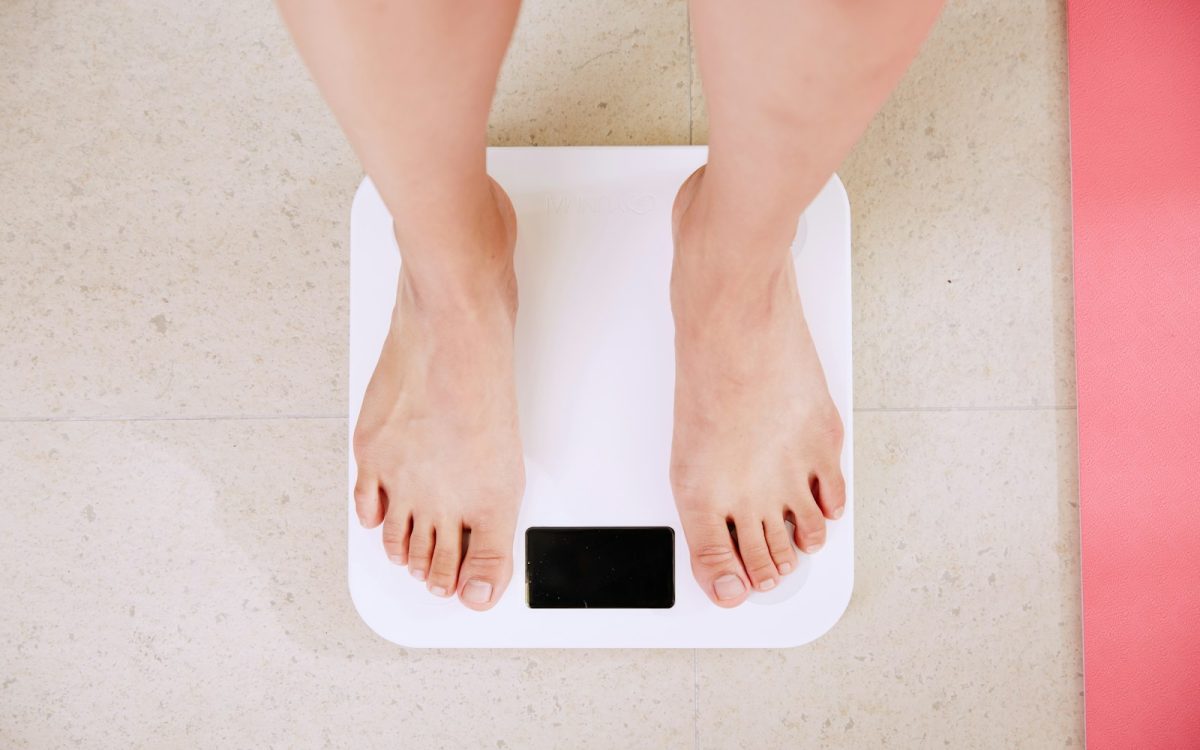Yes, better sleep can help you lose weight. Sleep plays a key role in regulating many of the hormones and processes that influence your appetite, metabolism, and energy balance. Here’s how:
1. **Hormone Regulation**:
– **Ghrelin and Leptin**: These hormones control hunger and fullness. Lack of sleep increases ghrelin (the “hunger hormone”) and decreases leptin (the “satiety hormone”), which can lead to overeating.
– **Insulin Sensitivity**: Poor sleep can reduce your body’s sensitivity to insulin, leading to higher blood sugar levels and an increased risk of weight gain and type 2 diabetes.
2. **Increased Appetite and Cravings**:
– Sleep deprivation is linked to increased cravings for high-calorie, carbohydrate-rich foods. This may be due to altered brain activity in areas related to decision-making and reward.
3. **Reduced Energy for Physical Activity**:
– When you’re tired, you’re less likely to exercise and more likely to be sedentary throughout the day, which can lower your overall calorie burn.
4. **Metabolic Effects**:
– Poor sleep is associated with a slower metabolism and impaired fat oxidation (the process of burning fat for energy).
5. **Stress and Cortisol**:
– Sleep deprivation can raise cortisol levels, a stress hormone that is associated with increased fat storage, especially in the abdominal area.
In summary, getting adequate, high-quality sleep can support weight loss by helping regulate hunger hormones, reduce cravings, improve energy levels, and enhance overall metabolic health. For most adults, 7–9 hours of sleep per night is recommended.




